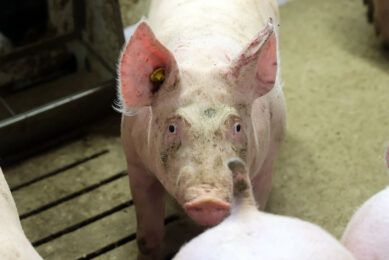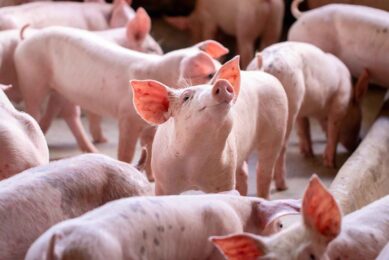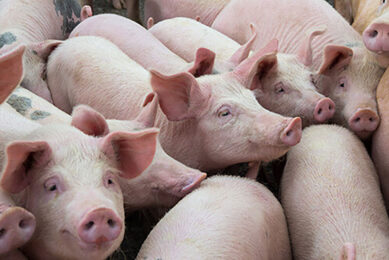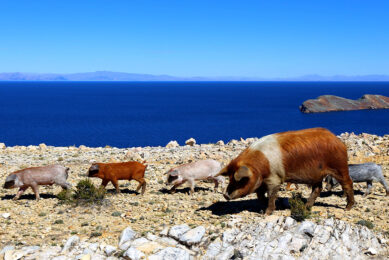Pig farmers cautious about reporting flu
The OIE has told its 174 member countries to boost surveillance for the H1N1 strain of flu, but has not added it to its list of more than 100 diseases that are mandatory to report because it appears to have a low level of infectivity and mortality rates.
Alex Thiermann, senior advisor to the OIE’s director-general said researchers probably will find H1N1 in other hogs if they spend more money and time looking for it, though he said there is no evidence it is common. He stressed farmers need “guarantees” they won’t be hurt if they find the virus.
It will be difficult to boost surveillance of hogs for the new pandemic strain of H1N1 flu unless farmers are confident they won’t be penalised if the disease is found in their barns, an official with the World Organization for Animal Health said on Tuesday.
Farmers will be discouraged from participating in monitoring programs by bans on pork trade sparked by the human outbreak of flu and the cull of hogs on the only farm so far found with the disease, said Thiermann when speaking with Reuters.
In Canada, health officials had believed a sick farm worker passed the flu to a hog herd where H1N1 was detected, but have since ruled out that theory with blood tests. The Canadian farmer was punished for doing the right thing, Thiermann said. After the herd was quarantined for more than five weeks, causing overcrowding in his barn, the farmer decided to cull his herd because he could not find any buyers for the animals or meat.
Swine flu, common in hogs around the world, causes fever and coughing in pigs, which usually recover from the illness. Researchers who examined the genetic sequence of the virus have said it likely circulated and evolved in pigs for years, undetected because of a lack of systematic surveillance.
The US Agriculture Department is set to begin a pilot surveillance project to look for new strains of flu in pigs. Participation in the program will be voluntary.











